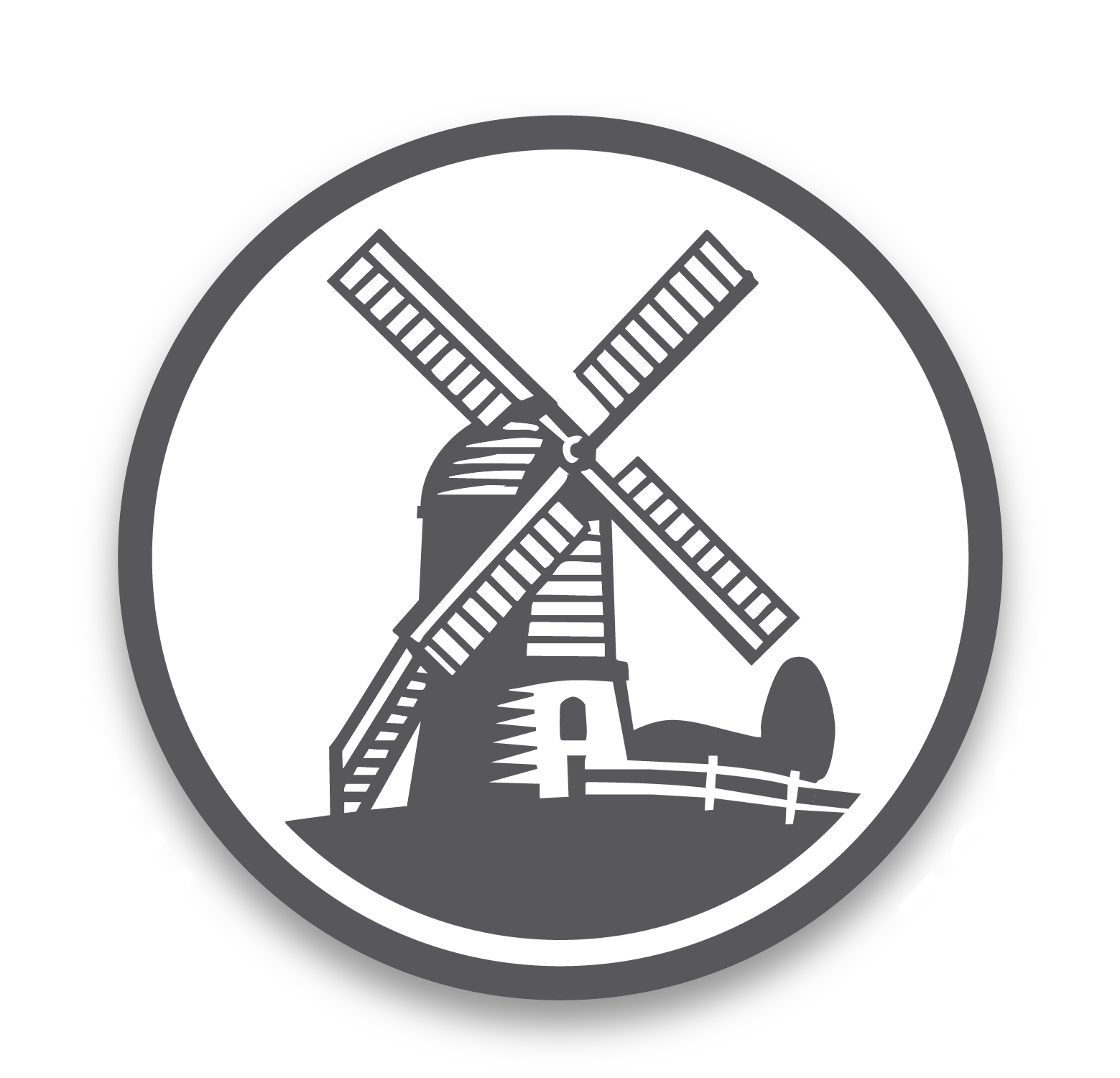The 'Big Questions' Project
This week, (9th-13th June 2025) along with other schools in the LAAT, children have worked brilliantly during the big questions project, completing a series of 5 big questions about the world! It has been brilliant to see and hear feedback about the excellent ideas you have all had when sharing and discussing your own world views and other world views around the world! It has been a great opportunity for you to reflect on your relationships with yourself, others and God, while exploring questions such as 'who should look after the world?' 'Why should we do it?' exploring these different answers from a wide range of religions, scientists and humanists.
This has been an important project here at Wrawby St. Mary's as it helps to link science and RE as there are many areas within the key stage 2 and key stage 3 curriculum where there are science and religious encounters; each subject will look at the same question in a different way. Although children may be drawn to one idea more than the other, it is important for children to be both aware of the different world views around these 'big questions', understand why people have these world views and their evidence, as well as being accepting of them.
Some science/religion encounters within the curriculum include: The Big Bang, Climate Change, Creation Stories, Human Timeline, Evolution, Care for the Environment and many more. Science would be more related to answering how, whereas RE is more focussed on asking why does the world work the way it does. Addressing these big questions from both perspectives allows for a deep and meaningful discussion within the classroom, along with helping children to understand the complex world we live in.

We are proud to be part of Lincoln Anglican Academy Trust
Contact Us
Vicarage Avenue
Wrawby
North Lincolnshire
DN20 8RY
